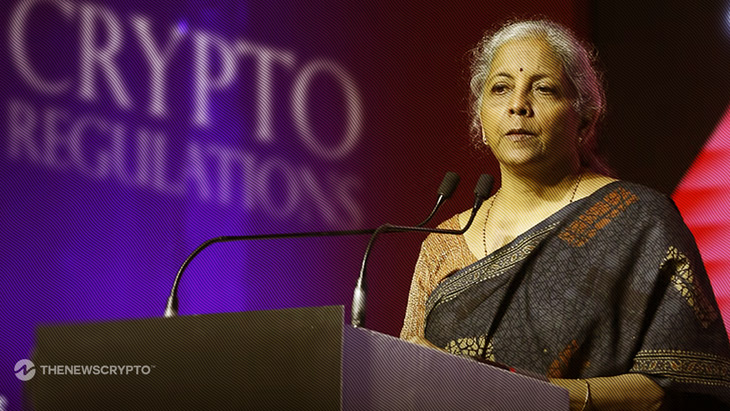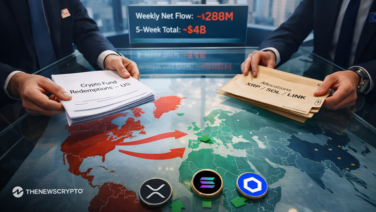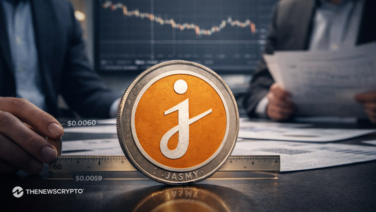- India’s G20 presidency advocates global crypto regulation for borderless assets.
- OKX eyes India as a potential hub for crypto and blockchain.
India has taken center stage as it currently presides over the G20, a pivotal forum comprising the world’s major economies. Amidst its diverse initiatives encompassing startups, cybersecurity, and disaster risk management, India’s call for a unified approach to address the complexities of cryptocurrencies has caught the attention of the global crypto community.
At a major event in Mumbai, India’s Finance Minister, Nirmala Sitharaman, asserted
“India’s presidency has put on the table key issues related to regulating or understanding that there should be a framework for handling issues related to crypto assets… Active discussions are happening.”
Also, Sitharaman underlined the crucial need for international cooperation due to the decentralized and borderless nature of cryptocurrencies. As the digital asset space transcends geographical boundaries, ensuring effective regulation becomes a paramount challenge that necessitates collaborative efforts on a global scale.
However, it’s important to note that India has not yet enacted specific legislation governing digital currencies. While cryptocurrencies are not explicitly banned, it has taken steps to implement anti-money laundering (AML) rules and impose substantial taxes on crypto trading.
Looking Forward, India’s G20 Path
The finer details of the proposed global regulatory framework for cryptocurrencies are yet to be outlined. But the overarching intent is clear. India is steadfast in its pursuit of establishing a cohesive regulatory system. And comprehend cryptocurrencies comprehensively.
The ongoing discussions have industry insiders and stakeholders closely monitoring developments. As with top-ten crypto exchange OKX considering entry into the Indian market. Recognizing India’s potential as a thriving hub for crypto, blockchain, and Web3 technology, this move underscores the significance of India’s role in shaping the future of cryptocurrencies on the world stage.
Finally summarizing, India’s G20 presidency has propelled the initiative for a unified global framework to regulate cryptocurrencies. Marking a significant step towards resolving the challenges posed by these digital assets.








